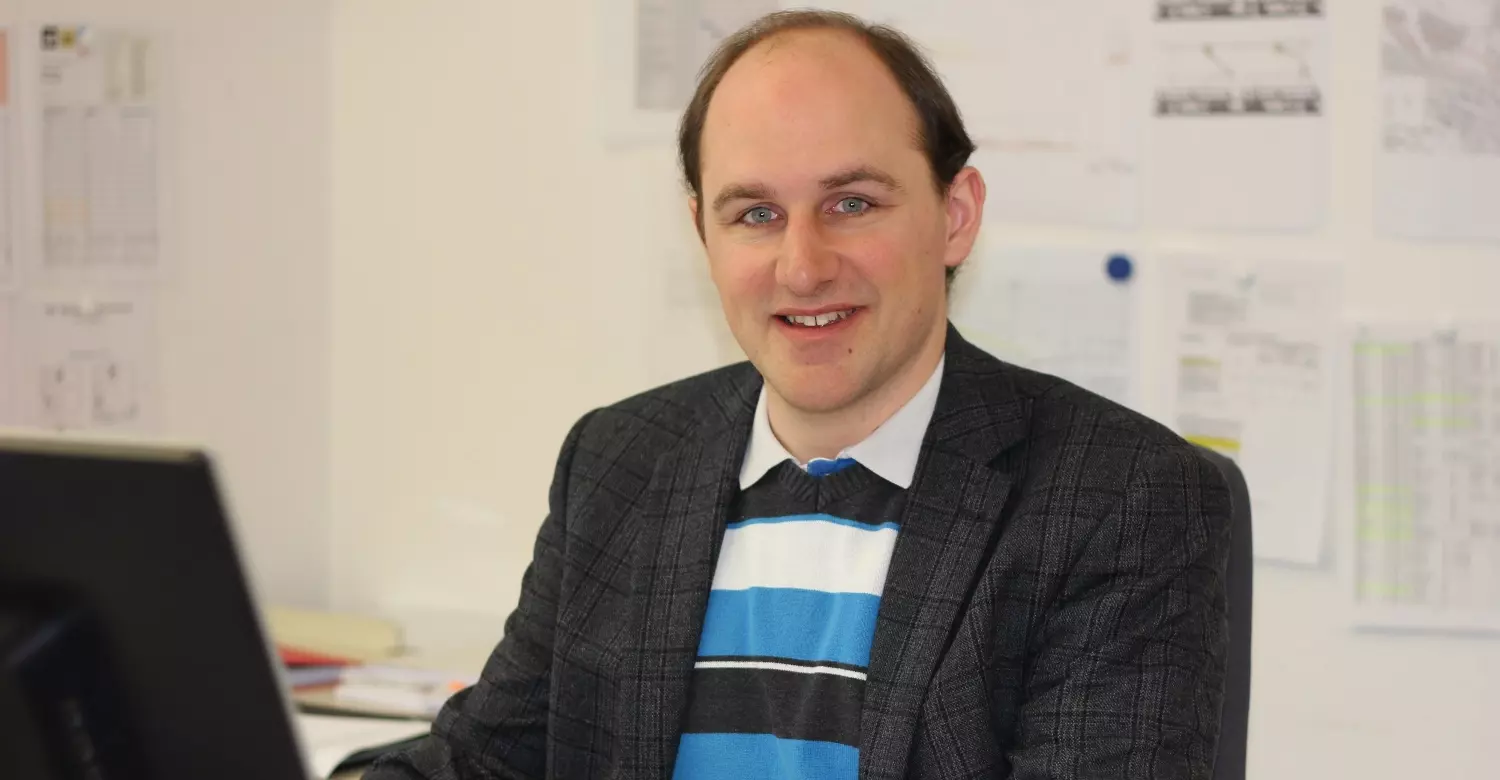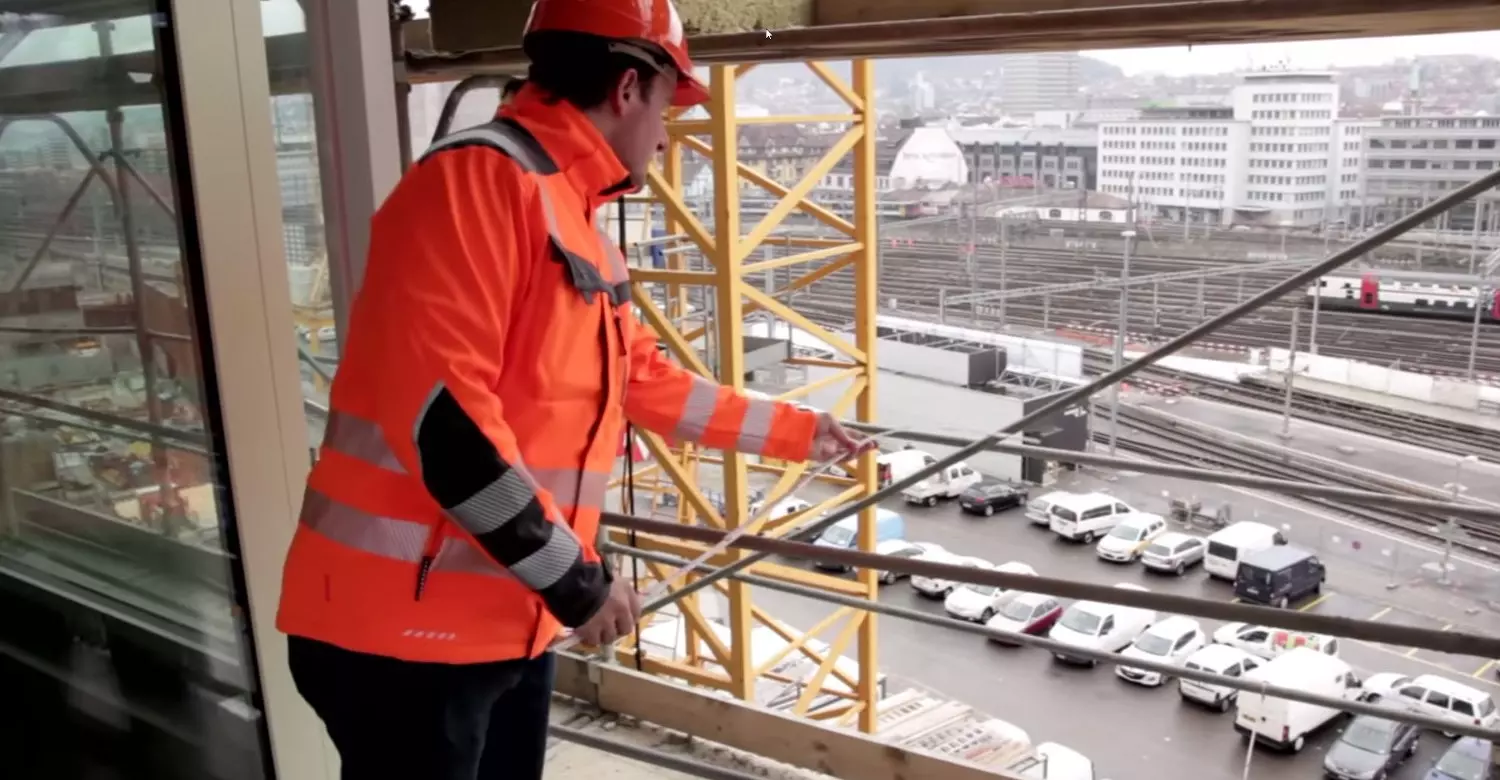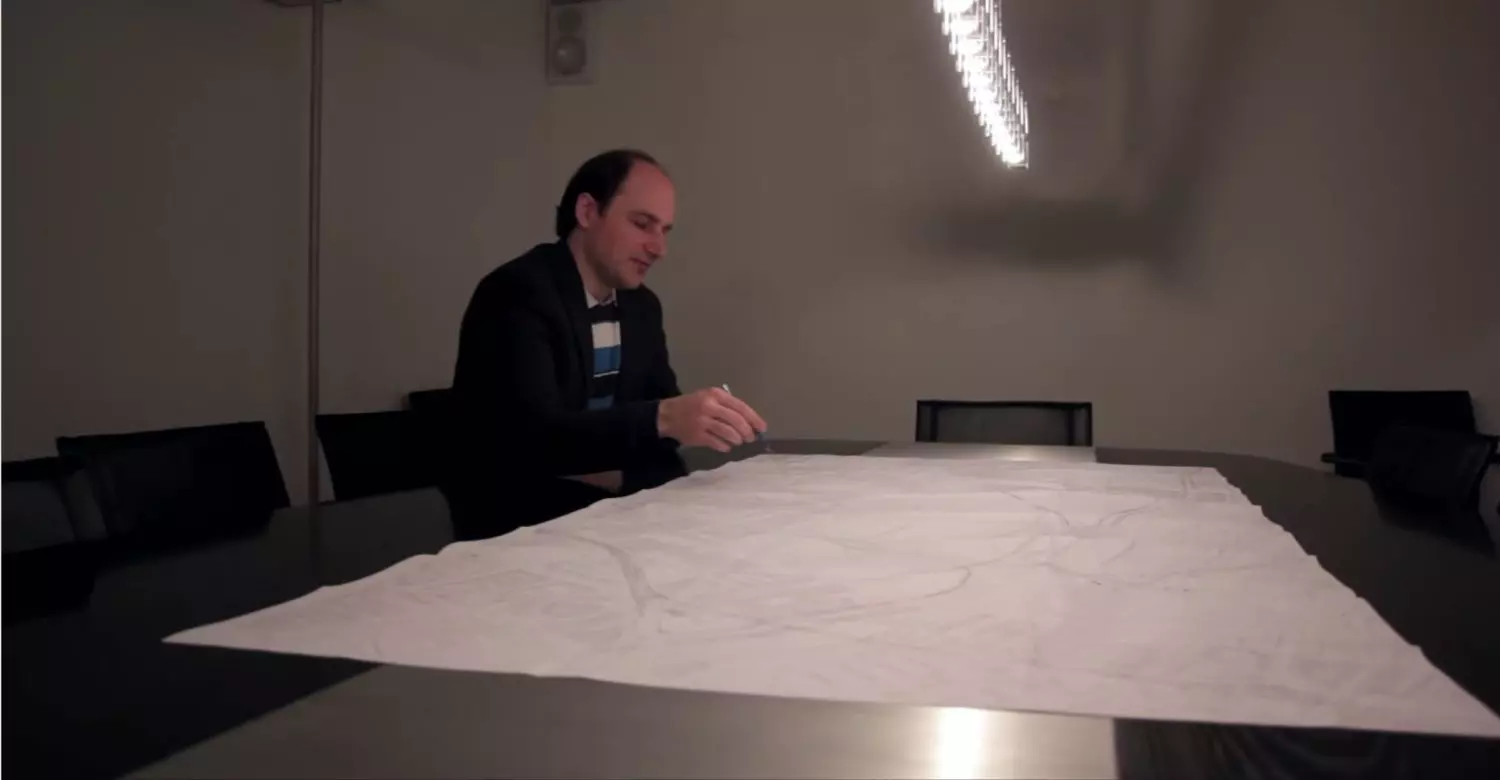Graduate profile: Engineer in the field of Environment and Transport
Interview with Fabian Hasler, engineer with TBF + Partner AG
You were one of the first graduates of the Mobility Science Bachelor degree programme last year. What has your entry into professional life been like?
During my final semester, I kept my eyes open for interesting job postings and also applied for some. In the end, I was even able to choose from three different offers. I decided to take a position with TBF + Partner AG in Zurich in the area of railway construction and railway technology. I wanted to go in this direction in any case and the company's projects seemed to be very diverse and interesting. So, my entrance into professional life was already arranged before I even had my diploma in my hand.
And is your job as interesting as you hoped it would be?
Absolutely. The individual projects are all very different. They might be studies, concepts or expert assessments. For example, we carry out feasibility studies for construction projects, create condition analyses of existing plants and draft development concepts. We are also involved in concrete planning and implementation. And I don't just sit in my office all day. I visit our construction sites regularly.
Can you tell us about a concrete project that you are currently working on?
We are preparing a plan for a large Swiss city for the implementation of the Disability Discrimination Act in Public Transport. For example, bus and tram stops must be optimised in such a way that they are wheelchair accessible and can accommodate the visually impaired as well. We are designing a "bus-stop standard", you could say, that will fulfil all the requirements. We will also be assisting in its implementation during a second phase. The integration of standardised stops in an existing network is a much greater challenge than building a new network, such as the Glatttalbahn railway or Zurich-West tram route, where standardised stops were included right from the beginning.
To what extent did your Bachelor's degree in Mobility Science give you the necessary expertise for your current work?
My profession doesn't just involve calculations, concepts and implementation. Many projects have far-reaching implications. That means it is important to understand the inter-connecting elements and be able to reach a consensus with everyone involved. My studies prepared me ideally for this because on the one hand, I received a very broad engineering education as a basis, while on the other, I was given communication skills in addition to technical competencies. I can not only develop solutions but also present them convincingly both to building engineers and vehicle manufacturers as well as to public authorities and politicians.
So you would choose a Bachelor's degree in Mobility Science again if you were given a choice?
Of course. Passenger and goods transport requires modern infrastructure and innovative solutions. That's why as a specialist, I'm in demand on the job market. I can help to actively design the future with my work and that gives me great satisfaction.


